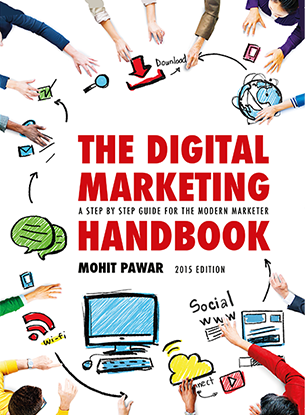 Heinrich Engelhard Steinweg established his company based on three basic principles: “Build to a standard, not a price”, “Make no compromise in quality”, and “Strive always to improve the instrument”.
Heinrich Engelhard Steinweg established his company based on three basic principles: “Build to a standard, not a price”, “Make no compromise in quality”, and “Strive always to improve the instrument”.
Steinway & Sons, the company he founded in 1853 in New York City remains the hallmark of quality till date. In addition to focus on quality Steinway Pianos early success came due to the marketing ideas of William Steinway the founder’s son.
William Steinway conceptualized and created Steinways Halls. First ever Steinway Hall came up in New York. It housed a showroom with over 100 pianos, a 2000-seat concert hall and rooms for piano lessons, and had a concert stage for a full 100-piece symphony orchestra. The first Steinway Hall was also the home for the New York Philharmonic Orchestra for 25 years, from 1866 to 1891.
He recognized that it would be good for piano sales, if famous piano artists have a place to play on Steinway pianos. One concert on Saturday night, sells pianos on Monday morning was one of William Steinway’s sayings.
The marketing idea was very successful for Steinway & Sons.
What can today’s business learn from this?
That you need to give people a way to experience the brand and make them see what it can do for them and also help them learn nuances of using the product or service associated with the brand. Better if using it is simple.
Businesses are today more about experience than anything else. In today’s world your product quality cannot be the only differentiator. You need to give consumers an experience to cherish. Product quality is a given if you want to have any chance to surviving in the market place. Though only surviving is not enough; no point being a laggard when you can become a leader.
Ask yourself as a business owner or a marketer – can you create environment around your brand where customer can experience it firsthand?
Imagine yourself running a mobile phone company. What if you let people make calls from a phone that they want to try and give them time to experience important functions? What do you see the impact on sales will be? Don’t you think they will be hooked?
This is about going beyond the demo.
Let people experience the brand before they buy it? Is it possible for all brands? Yes, to varied degree all brands can do it — the ones with physical products, those operating in online space, offering products and services. The basic premise of some brands is experience — think Second Life, Facebook, and Farmville.
These environments can take many forms depending on the medium. It can be a self-service audio-video console to explore at the retail store. You can create posters, memorabilia; a unique experience makes the product desired. It can also be a 3-D walkthrough on your website. The list is endless.
Decide first
Before you set out to create environments for consumers to experience your brand, you need to decide what experience you want to give to your consumers. Is it about promptness, hassle free ownership experience, community or something else. Think about Zappos’ 365-days both-ways free return policy.
What about your experience funnel?
Any business which plans to exist for long-term has to make a sale. That is the ultimate objective of a business. An experience funnel helps you do that.
The initial interaction with a brand may start at a billboard, on a mobile device or the product website. The brand owner should take the decision where these varied experiences should culminate.
How are you making it easy for users to experience the brand?


